Search
Remove Ads
Advertisement
Summary 
Loading AI-generated summary based on World History Encyclopedia articles ...
Search Results

Definition
Ancient China
Ancient China produced what has become the oldest extant culture in the world. The name 'China' comes from the Sanskrit Cina (derived from the name of the Chinese Qin Dynasty, pronounced 'Chin') which was translated as 'Cin' by the Persians...
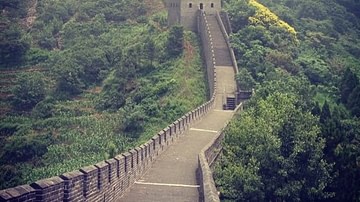
Definition
Great Wall of China
The Great Wall of China is a barrier fortification in northern China running west-to-east 13,171 miles (21,196 km) from the Jiayuguan Pass (in the west) to the Hushan Mountains in Liaoning Province in the east, ending at the Bohai Gulf. It...
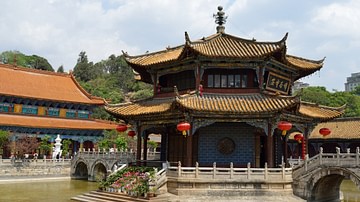
Article
Religion in Ancient China
Religious practices in ancient China go back over 7,000 years. Long before the philosophical and spiritual teachings of Confucius and Lao-Tzu developed or before the teachings of the Buddha came to China, the people worshipped personifications...
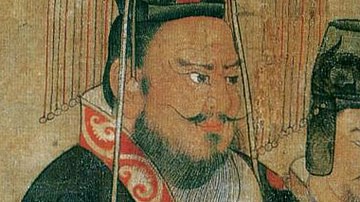
Definition
Chinese Emperor
The emperors of ancient China had tremendous power and responsibility. Called the 'Son of Heaven', he (and once she) was given a divine right to rule over all people but was expected to promote their best interest and not his own. An absolute...
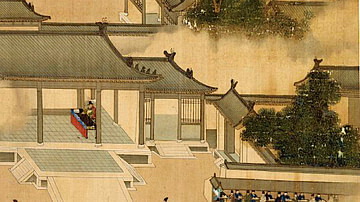
Article
The Civil Service Examinations of Imperial China
The civil service examinations of Imperial China allowed the state to find the best candidates to staff the vast bureaucracy that governed China from the Han Dynasty onwards (206 BCE - 220 CE). The exams were a means for a young male of any...
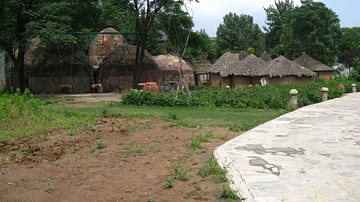
Article
Daily Life in Ancient China
Daily life in ancient China changed through the centuries but reflected the values of the presence of gods and one's ancestors in almost every time period. Villages like Banpo show evidence of a matriarchal society, where there was a priestly...
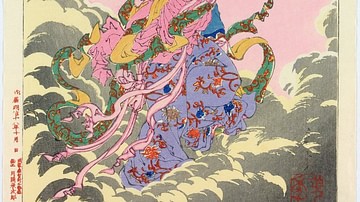
Article
Most Popular Gods & Goddesses of Ancient China
There were over 200 gods and goddesses worshipped throughout ancient China, but if one were to count every deity or spirit, the number would be over 1,000. Each town, village, city, field, farm, and sometimes even separate plot in a graveyard...
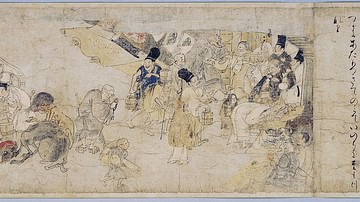
Article
Ghosts in Ancient China
Ghost stories were the earliest form of literature in ancient China. They were almost certainly part of a very old oral tradition before writing developed during the Shang Dynasty (1600-1046 BCE) and they continue to be popular in China today...
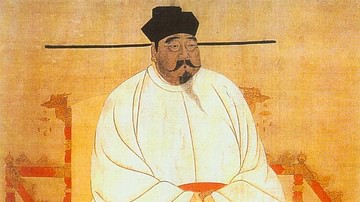
Definition
Emperor Taizu of Song
Emperor Taizu (960-976 CE), formerly known as Zhao Kuangyin, was the founder of the Song (aka Sung) dynasty which ruled China from 960 to 1279 CE. Taizu settled for a territorially smaller but more unified and prosperous China than was seen...
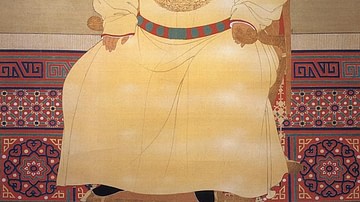
Definition
Hongwu Emperor
The Hongwu Emperor (r. 1368-1398 CE) was the founder of the Ming dynasty (1368-1644 CE) which took over from the Mongol Yuan dynasty (1276-1368 CE) as the rulers of China. Born a peasant with the name Zhu Yuanzhang, the future emperor led...